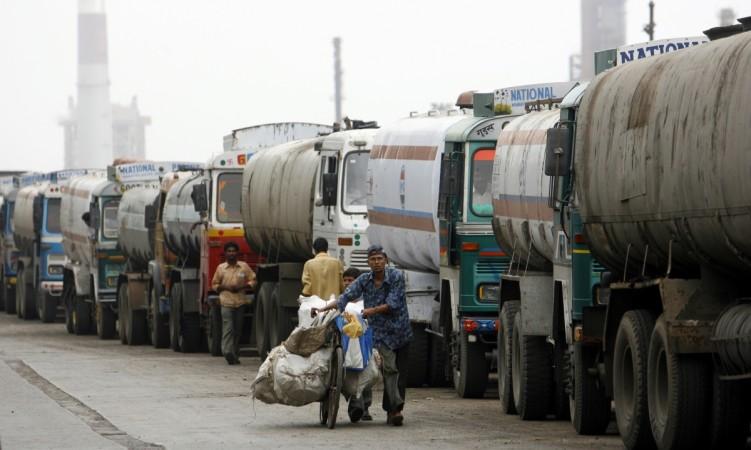
The Goods and Services Tax (GST) completed a year on July 1. The journey to date has been bumpy with a lot of issues arising out at the time of implementation. One of the major issues is the inclusion of petroleum products under the ambit of GST.
On Friday, Finance Secretary Hasmukh Adhia cleared air around this matter by saying that the starting this year GST council, the apex body which takes decisions related to GST, would ponder over at bringing petroleum products under GST in phases.
Central Board of Indirect Taxes and Customs Chairman S Ramesh also supported the views of the Finance secretary acknowledging that there have been voices raised from all the stakeholders to include petroleum products under GST ambit. He also insisted that the all the stakeholders must be taken into confidence before taking any decisions as some of the states have different views.
At the moment. diesel, petrol, crude oil, natural gas and aviation turbine fuel are not taxed under GST. The Centre charges Rs 19.48 per litre of excise duty on petrol and Rs 15.33 per litre on diesel. In addition to that, the states also levy Value Added Tax (VAT).
The Civil Aviation Ministry has raised its voice numerously against the high tax rates on the aviation turbine fuel. The high tax costs for a large chunk of the airline's operation cost which is eventually transferred to the end user, hence increasing the ticket prices. The Finance Ministry has also received a communication from the civil aviation ministry requesting the inclusion of jet fuel under the Goods and services tax with full input tax credit.
Adhia also said that "there is always a scope of correction in the existing tax structure. The govt. is committed to simplifying the tax structure and work towards the including the as many products under a simplified tax structure. "
The government has also hinted at lowering the tax slabs under GST once the revenue increases. After early hiccups, the tax collection has picked up pace with the total amount going over Rs 1 lakh crore.








